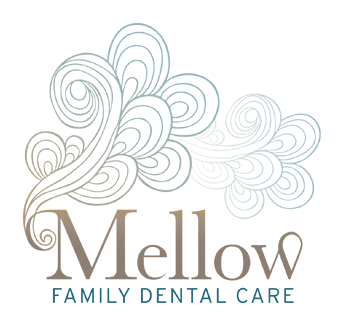 Bruxism is also known as grinding and/or clenching of your teeth. It’s a very common condition that affects approximately 30 million to 40 million children and adults in the U.S.
Bruxism is also known as grinding and/or clenching of your teeth. It’s a very common condition that affects approximately 30 million to 40 million children and adults in the U.S.
Signs & Symptoms
If you notice any of the following symptoms, you may be experiencing bruxism:
- Rhythmic contractions of the jaw muscles
- A grinding sound at night
- Jaw muscles that are tight or painful
- Long-lasting pain in the face
- Swelling (occasionally) on the side of your lower jaw caused by clenching
If you experience one of the following, it may be time to visit your dentist to talk about a mouth guard for teeth grinding.
You Chip a Tooth
Not only will a chipped tooth require dental care for repair, but it can also be a sign that your teeth grinding has become more serious. As you touch your teeth together and grind back and forth, you can put alot of pressure on the enamel — in your sleep, no less — that you could actually damage your teeth. This can be expensive to fix and can even lead to cavities, so it’s best to talk to your dentist about a mouth guard before you chip more teeth.
You Have Chronic Grinding
Some people grind periodically because of temporary issues, such as stress at work. If your bruxism is chronic, meaning you grind most nights, it’s probably best to see your dentist about a mouth guard for teeth grinding. While it won’t stop the actual clenching of your jaw, a mouth guard can minimize the negative effects on your teeth if you’re grinding every night.
You Wake Up with a Headache
Do you feel as though you have a raging headache every morning? It could be the result of nightly grinding. A mouth guard won’t stop you from grinding altogether, but it may help. Talk to your dentist about what options are available to you. Your dentist can suggest other ways to minimize teeth grinding.
You Have Temporomandibular Joint Disorder
Temporomandibular joint disorder (TMJD) occurs when the muscles around the jaw become inflamed, which sometimes happens as the result of clenching the teeth together and grinding against the teeth. If your dentist diagnoses you with this disorder, ask about a mouth guard. A mouth guard will prevent your teeth from clenching and grinding, thus reducing some of the pain associated with TMJD.
You Take Antidepressants
If you regularly take antidepressants, talk to your dentist about a mouth guard. A study published in a 2012 issue of Clinics found that paroxetine, the main ingredient in some antidepressants, can cause nighttime teeth grinding. If you take certain medicines, such as Paxil, you may need to protect your teeth against those side effects. You can also talk to your doctor about adjusting your dosage or switching to another antidepressant if grinding becomes a problem.
Teeth grinding is a common issue, but you shouldn’t have to suffer. By making an appointment with your dentist, you can set up a time to talk about mouth guards and other ways to cope with and cure the behavior.
Here at Mellow Family Dental Care serving the Tri Cities, Pitt Meadows, Maple Ridge and Mission, we help diagnose and treat bruxism.
Contact us today!

